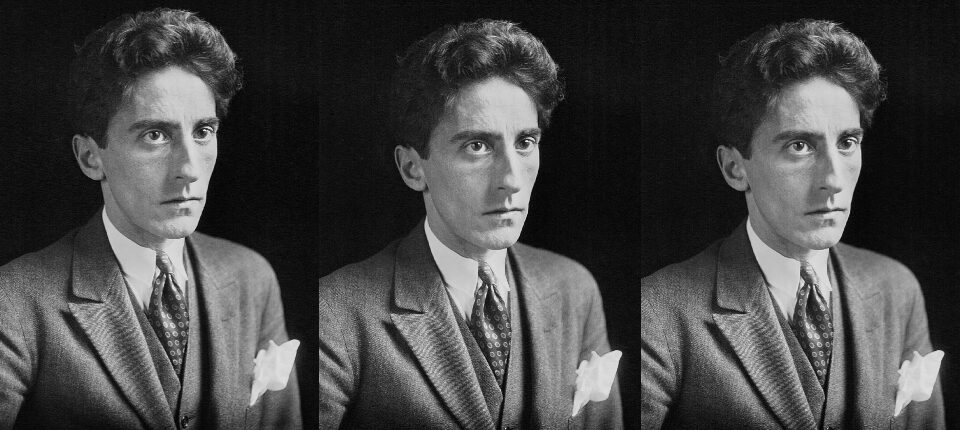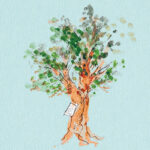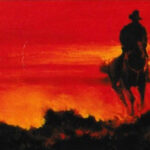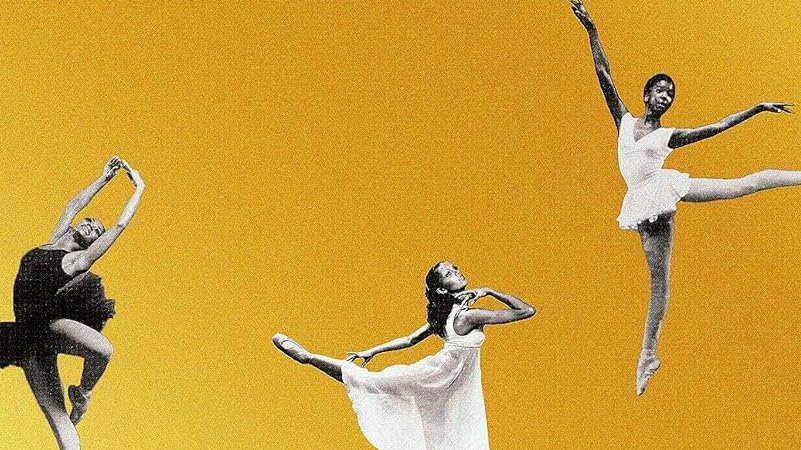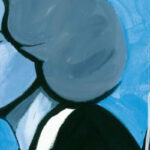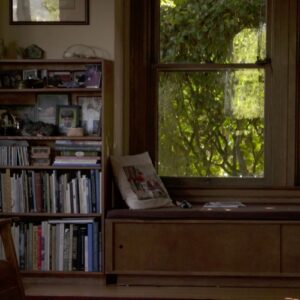- “Even when writing an escapist romance, Wharton is inescapably herself: A brilliantly funny cynic; a razor sharp observer of the mores of the very rich; a chronicler of bad behavior.” Jessie Gaynor on Edith Wharton’s pessimistic literary escape The Glimpses of the Moon. | Lit Hub Literary Criticism
- In the latest installment of The Journey That Matters, an intimate peek into Ursula Le Guin’s study and her writing process. | Lit Hub
- “I don’t know if my writing improved, but I did write differently after I was diagnosed with stage 4 colon cancer in early 2016.” Dan O’Brien on how to write a memoir about dying. | Lit Hub Memoir
- David Mitchell on life in early-Medieval England the less-than-illustrious origins of the English crown. | Lit Hub History
- Alex Dos Santos on The Haunting of Hill House and how horror helps us confront and understand our grief. | Lit Hub Literary Criticism
- Melvin L. Rogers revisits W.E.B. Du Bois’ 1926 symposium, “The Negro in Art: How Shall He Be Portrayed?” | Lapham’s Quarterly
- “The only route to Utopia is illuminated by disobedience.” Rachel Vorona Cote on Oscar Wilde’s critical writing. | The Nation
- “She dared to speak out loud what others had experienced but were not yet ready to talk about.” Laima Vince recounts the experience of teaching writing to Ukrainian refugee women. | Arrowsmith Press
- Carmen Petaccio explores how the college admissions essay has bled into contemporary literature as part of our “application-saturated culture at large.” | Public Books
John McPhee on his sixty-year friendship with Bill Bradley, of the New York Knicks. | The New Yorker
Also on Lit Hub: Insomnia, imposter syndrome, and all the ways Rebecca Clarren learned to write her book • Adam Thirlwell on Witold Gombrowicz’s The Possessed • New fiction from Banana Yoshimoto, trans. Asa Yoneda.

